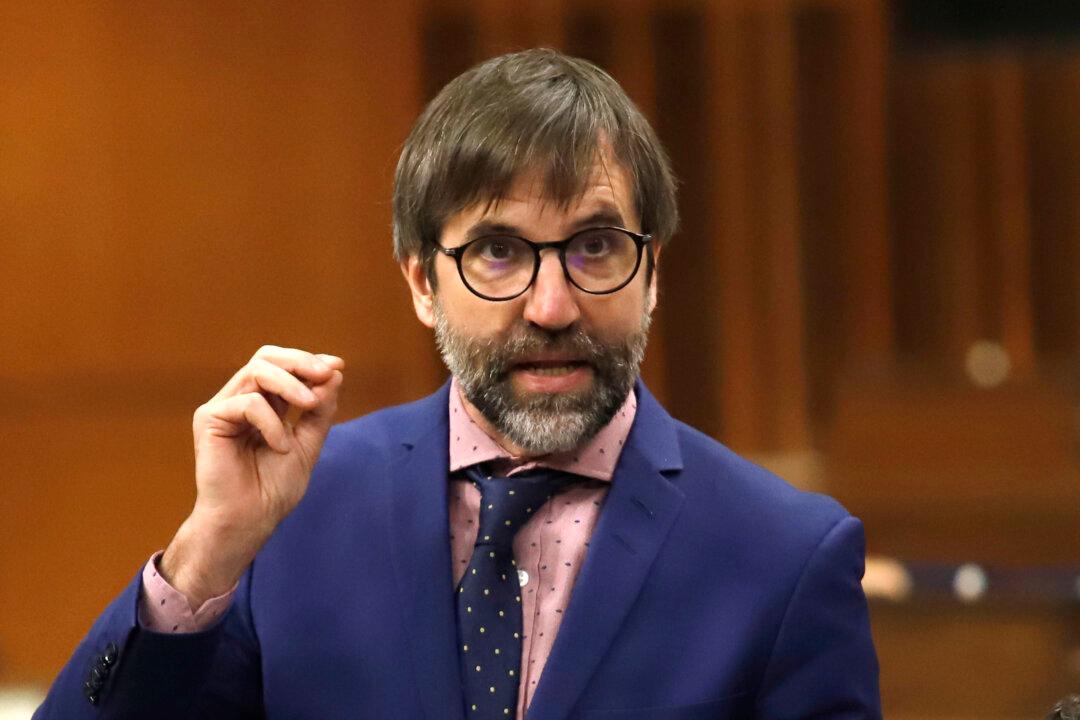Federal Environment Minister Steven Guilbeault is denying allegations made by the Saskatchewan government that federal scientists were “trespassing” on farmers’ lands to test water sources.
On Aug. 21, Jeremy Cockrill, Saskatchewan’s minister responsible for water security, took to Twitter, sharing a letter he wrote to Guilbeault that farmers in the Pense, Mossbank, and Pilot Butte areas have “raised concerns about Government of Canada employees, in clearly marked Government of Canada vehicles, trespassing on private lands.”





